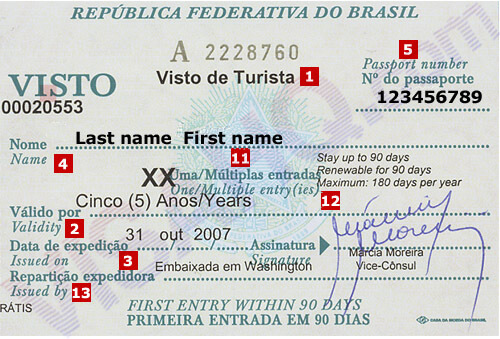Brazil Embassy list in Kazakhstan
Need help?Chat with us
Importance of Trip Registration at the Brazil Embassy
Registering your trip with the Brazil embassy is crucial for ensuring safety, effective communication, and access to support during emergencies. In case of natural disasters such as earthquakes or floods, registration provides the embassy with your whereabouts, allowing them to reach out and assist. Additionally, during political unrest, being registered means you can receive timely updates and instructions on how to stay safe. In medical emergencies, the embassy is better positioned to help you navigate local healthcare systems if they know you are in the country. Overall, trip registration enhances your security and peace of mind while traveling in Brazil.
Brazil Embassy FAQs
Can the Brazil embassy assist in legal issues abroad?
Yes, the Brazil embassy can provide assistance in legal matters by offering information about local laws, contacting local authorities, and connecting you with legal professionals.What should I do if I lose my Brazil passport in Kazakhstan?
You should immediately notify the Brazil embassy, report the loss to local authorities, and apply for a replacement passport, providing necessary documentation to confirm your identity.Does the embassy offer assistance with visas for travelers to Brazil?
Yes, the embassy provides information regarding visa requirements and guidelines for foreign nationals wishing to travel to Brazil.Are there resources for emergency financial support?
The embassy can guide you on options for financial assistance, but it may not provide direct financial support.
Services Provided by Brazil Embassies in Kazakhstan
Passport Services
- Issuance of new passports
- Passport renewal
- Lost passport replacement
Visa Issuance for Foreign Nationals
- Processing visa applications for travelers to Brazil
Assistance in Legal or Medical Emergencies
- Support in legal issues
- Assistance in medical emergencies
Travel Alerts and Safety Updates
- Real-time safety updates
- Alerts regarding travel conditions
Support for Nationals Detained Abroad
- Advocacy and communication with local authorities
Summarized Diplomatic Presence
Brazil’s diplomatic presence in Kazakhstan is primarily represented by its embassy located in the capital city, Nur-Sultan. This mission plays a vital role in fostering diplomatic relations, promoting trade, and enhancing cultural exchanges between Brazil and Kazakhstan. The embassy facilitates communication between the two nations, coordinates consular services, and addresses the needs of Brazilian nationals residing or traveling in the country. By maintaining a presence in Kazakhstan, Brazil further strengthens its international relationships within the region, contributing to mutual interests in various sectors, including economic development and cultural diplomacy.
